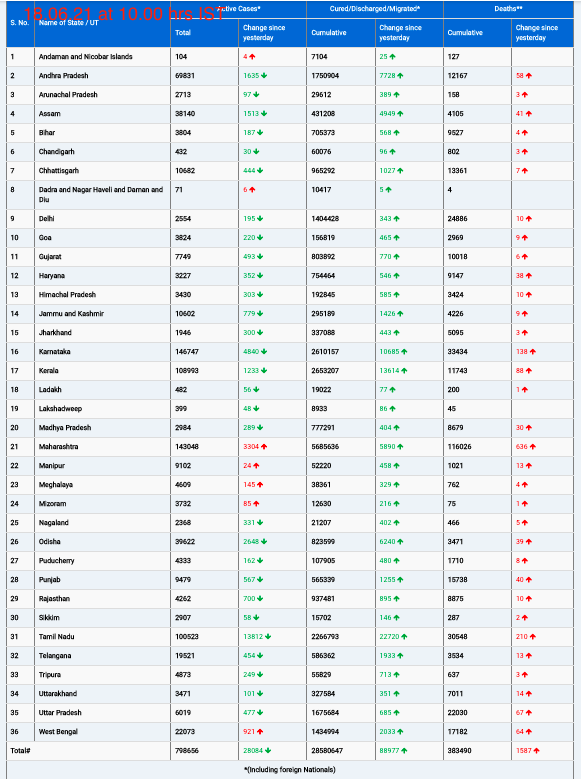A recent study analyzing lung cancer screening (LCS) practices revealed that imaging and invasive procedures were conducted 31.9% and 2.8% of the time, respectively, raising concerns about potential complications. Researchers, led by Dr. Katharine A. Rendle from the Perelman School of Medicine at the University of Pennsylvania, examined data from 9266 patients aged 55-80 years who underwent at least one LCS with low-dose CT (LDCT) between 2014 and 2018.
The study utilized data from the PROSPR Lung Consortium and compared results with the National Lung Screening Trial (NLST), a large study of smokers conducted in 2011. Findings showed that 2956 patients (31.9%) underwent follow-up imaging, while 180 (0.02%) had invasive procedures, including needle biopsy, bronchoscopy, mediastinoscopy or mediastinotomy, or thoracoscopy. Within 30 days of invasive diagnostic procedures, 30.6% experienced complications, with 20.6% classified as major, 8.3% as intermediate, and 1.7% as minor.
Notably, complication rates after invasive procedures were higher in PROSPR than in the NLST (30.6% vs. 17.7%). Patients with abnormal LCS were slightly older, more likely to smoke, reported higher daily cigarette consumption, and had more comorbid conditions than the overall patient population.
The study, published in the Annals of Internal Medicine, emphasized the need for practice-based strategies to assess variations in the quality of care associated with LCS. The researchers highlighted the importance of prioritizing LCS for patients most likely to benefit, considering potential complications and other harms associated with follow-up procedures.
Despite the study’s valuable insights, limitations, such as its retrospective nature and the analysis of procedural coding, were acknowledged. Additionally, variations in criteria for abnormal findings between PROSPR and NLST made direct patient comparisons challenging.
The research received support from grants provided by the National Cancer Institute and the Gordon and Betty Moore Foundation. The study’s findings underscore the importance of refining LCS practices to balance the benefits of early detection with potential complications.










